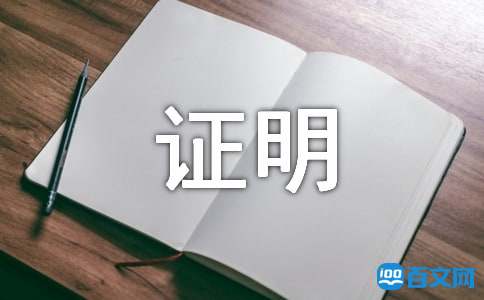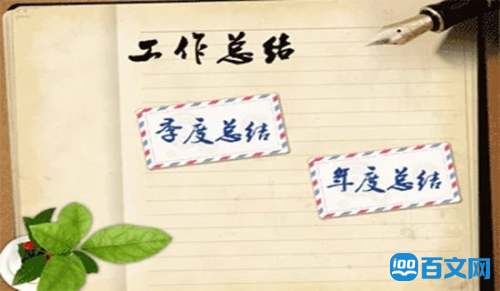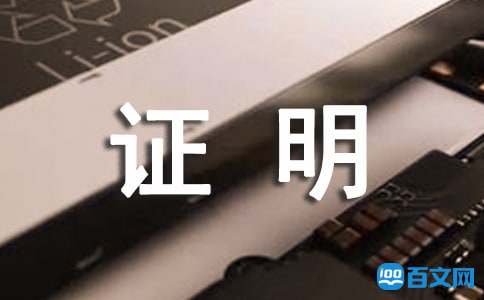英語作文范文:Teaching Machines to Learn on Their Own
Welcome to Scientific American’s Science Talk, posted on November 10th, 2015. I’m Steve Mirsky. A short episode today. For which I’ll turn it over now to Scientific American’s associate tech editor Larry Greenemeier:

Computers have always been good at doing things that are really complicated for us humans. Things like crunching insanely large numbers and running complex algorithms. On the other hand, computers have a really hard time recognizing a particular voice or face in a crowd, something most kids learn to do before they’re even out of diapers.
But things are changing fast. Over the next decade or so, machines will more easily mimic inherently human abilities. And they’ll learn to do it much the same way we do—through experience.
“Experience” in this case means computers will be fed data patterns over and over again until they’re able to automatically identify a particular sound or image on their own. This process is called machine learning.
To better understand the dawn of intelligent machines and what it means for our daily lives, I spoke with Stephen Hoover, CEO of Xerox’s Palo Alto Research Center, at a recent Intelligent Assistants conference in New York City. Here’s an edited version of our conversation. We start by talking about the ongoing rapid change in machine learning.
SH: “That’s what’s really changed over the last five years, is that computers now have the ability to understand in much deeper ways what it is that we’re asking and trying to do…You’re actually starting to see it be embedded into products. So, many of your readers will be familiar with the Nest thermostat. The Nest thermostat is a product with an intelligent agent built into it…So I don’t program a thermostat now, right? It learns from my behaviors what it is that I’m doing, understanding my context and then delivering to me the experience that I want, so it is an intelligent agent that’s built into the product…And more and more you’re going to see these kinds of capabilities built into products.”
LG: What role does machine learning play?
SH: “You don’t so much program a computer in machine learning in the way you did, which was I broke down a task into a series of steps to do that. It’s that machine learning actually learns, from the data, the right answer. The machine programs itself.”
LG: Kind of like the way humans learn as kids.
SH: “You show your daughter a car in a book, you show her another one. You say car, car, car. She says car. They learn by labeled data…Did we program our child to recognize a car? I mean, in some sense you did but that’s what machine learning is. You’re going to show the computer a bunch of instances and you’re going to label it, and it’s going to learn how to do it…There’s a core code which is that learning algorithm, and then that’s applied to multiple contexts…We’re switching from where computers helped people to people helping computers.”
LG: You can’t talk about machine learning without also mentioning the hardware that makes it possible.
SH: “Computers can do things that used to be hard for computers but are easy for humans, like recognizing a smile. That’s because Moore’s Law has enabled it…And Moore’s Law means the doubling of computational power every 18 months. Obviously that means I can write more and more complex software.”
Like apps on a smartphone?
SH: “In your iPhone, right, which by the way this is as powerful as a Kray supercomputer from 1998 that modeled the weather for the entire world. That’s what you carry around in your pocket…But one of the amazing things in there, think about it. It’s like a $15 chip that has GPS, an accelerometer, a pressure sensor. GPS. You can tell where you’re at in the world to within a meter. Anywhere in the world, for $15. One time buy. It’s phenomenal. So, hardware that senses the world to help then software make better decisions is really important. That’s this whole idea of the Internet of Things…
“The Internet of Things, the analogy I make for people is you think about Google. What Google and search did is, it enlarged the human memory, right? I used to have to know everything if I wanted to access it in less than glacial time, make a trip to the library and look up the card catalog. I don’t have to know anything today from a fact viewpoint. When I say know anything, I mean I have to memorize a set of facts. I just go on Google to do it. My mind has been expanded to be as large as all human knowledge. The Internet of Things is about Googling reality.
“What I mean is think about it as if my body is now as big as the globe. I want to know what the temperature is in Augusta, Maine. I want to know what the state of pollution is in Beijing. I want to know is there fresh fish today at Whole Foods. Sensors are going to be in the world that are going to tell me those things. And so hardware not only begets the capability to create new kinds of software like machine learning, but also is creating new ways to sense, measure and control the world. And that feedback loop is again one of the big changes that we’re going to see coming.”
SM: That’s it for this short Science Talk. In the coming days we’ll have interviews with the authors of three new books about math, horses and Parkinson’s disease, and lots more. Meanwhile, get your science news at our website, www.scientificamerican.com. Where you can also check out the November issue of the magazine, including a long-planned article about how the construction of Egypt's Great Pyramid changed civilization. Who knows, it could come up in a Presidential debate. Although that might go against the grain.
And follow us on Twitter, where you’ll get a tweet whenever a new item hits the Web site. Our twitter name is @sciam. For Scientific American’s Science Talk, I’m Steve Mirsky, thanks for clicking on us.
【英語作文范文:Teaching Machines to Learn on Their Own】相關文章:
1.英語四級作文 Learn to Stand on Your Own Feet(學會自立)
2.關于Learn how to learn的英語作文
3.學會學習 Learn How to Learn英語作文
4.英語作文:Learn To Thanksgiving
5.Learn to Smile英語作文
6.Learn To Thanksgiving英語作文
7.Learn English的英語作文
8.Your own life英語作文范文
这里有更多你想看的|
|






